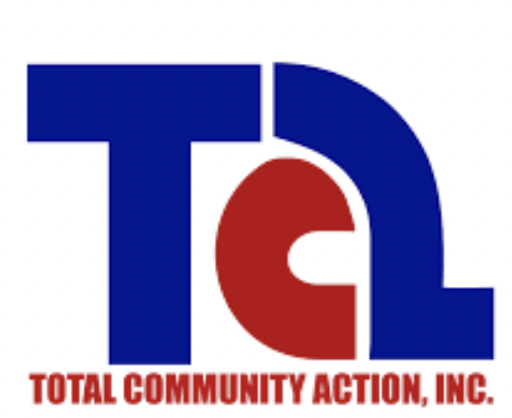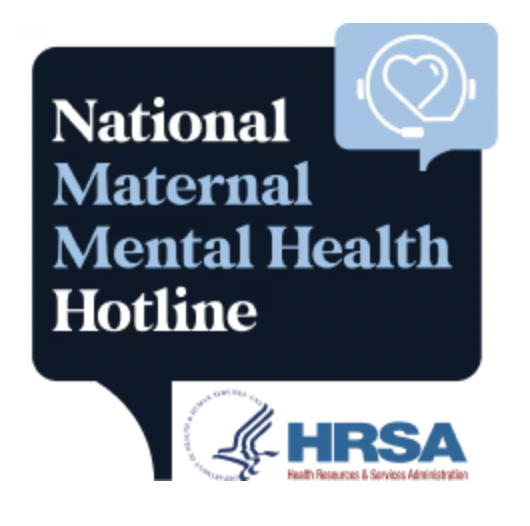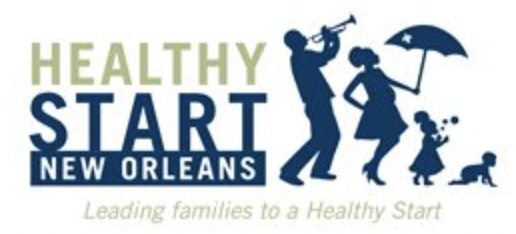Breast Cancer Awareness Month in October highlights the significance of early detection, prevention, and education to understand the disease’s broad impact. This year, the DePaul Infant Education and Empowerment Program (DIEEP) recognizes the unique challenges breast cancer poses for pregnant, postpartum, and breastfeeding individuals, underlining the importance of prevention to support maternal and infant health.
Breast cancer commonly develops within the ducts or lobules of the breast and, while uncommon in men, can affect individuals of any gender.(1) Early detection and awareness of symptoms are crucial for saving lives and dispelling myths about breast cancer.
Symptoms include:
- A lump formation in the breast or armpit
- Thickening or swelling of the breast
- Dimpling or puckering of breast skin
- Scaly or irritated skin on the breast, nipple, or areola
- Inversion (turning inward) of nipples
- Pain in the breast
- Unusual fluid discharge other than breast milk from the nipple.
Breast cancer accounts for 30% of new cancer cases in U.S. women, with a 13% lifetime risk.(2) Social factors can also increase the risk of development and breast cancer mortality rates, with one study found a 41% higher death rate for African American women.(3) However, despite these statistics, there are ways to reduce the risk of developing breast cancer, particularly through breastfeeding.
Breastfeeding can lower breast cancer risk by promoting the maturation of breast cells, making them less susceptible to damage and less likely to become cancerous.(4,5) Breastfeeding also triggers hormonal changes that reduce estrogen exposure, further decreasing risk.(6) Longer duration of breastfeeding further boosts these protective effects.(7)
These natural and highly beneficial effects of breastfeeding are essential for breast cancer prevention and ensuring better maternal health. Furthermore, by understanding these effects and facilitating better breastfeeding practices, physicians and new families can improve infant nutrition, development, and maternal health in a comprehensive approach.
However, specific breast cancer therapies, including surgery or medications, can greatly reduce lactation and even make breastfeeding impossible for some.(8) These challenges can severely limit an infant’s access to breast milk, which is vital for nutrition, cognitive growth, and immune health. Fortunately, there are resources available to help mothers address this issue.
Milk Banks collect, screen, and pasteurize donated human milk to support premature and medically fragile infants, as well as mothers with lactation challenges, through hospitals and community outreach programs. To ensure safety, donors undergo thorough health screenings like blood tests and lifestyle evaluations before milk is accepted.
Milk Banks are especially valuable for mothers in treatment for breast cancer. By ensuring safe and equal access to breast milk, milk banks help bridge nutritional gaps and offer a compassionate solution rooted in community care. Health care providers can help patients connect with Milk Banks, providing personalized lactation support to improve maternal and infant outcomes despite challenges. In New Orleans, donor milk is available at the Mother’s Milk Bank of Louisiana, 2700 Napoleon Ave.
To learn more about DIEEP’s breastfeeding support and other initiatives, please click here to visit our website or contact us at (504) 482-2080. Through education, outreach, and advocacy, we work to support maternal and infant health and foster healthier families across the region.
References:
- Symptoms of Breast Cancer | Breast Cancer | CDC
- Cancer Facts & Figures 2024
- Breast cancer statistics, 2017, racial disparity in mortality by state
- Frontiers | The role of breastfeeding in breast cancer prevention: a literature review
- Estrogen and the Risk of Breast Cancer | New England Journal of Medicine
- Can breastfeeding really lower your breast cancer risk? | MD Anderson Cancer Center
- Duration of Breastfeeding and Risk Reduction of Breast Cancer among Mothers Who Have Ever Breastfed: A Case-Control Study Conducted in Bahir Dar, Ethiopia - PubMed
- Breastfeeding and Breast Cancer: Managing Lactation in Survivors and Women with a New Diagnosis | Annals of Surgical Oncology










